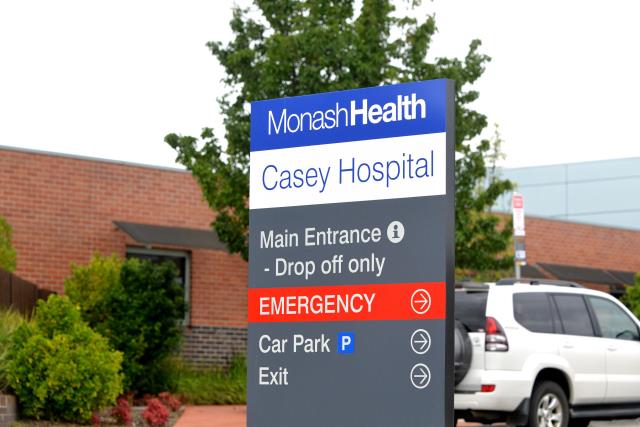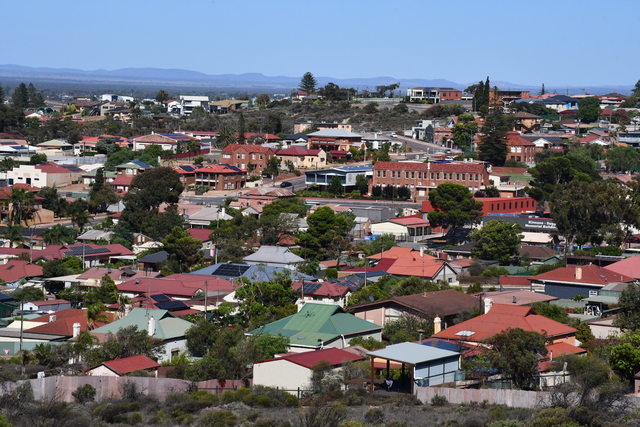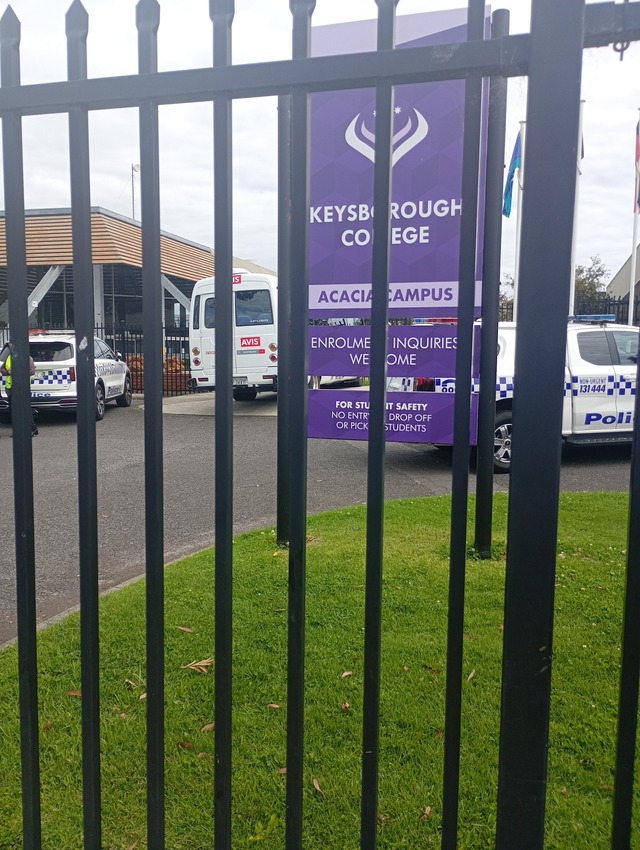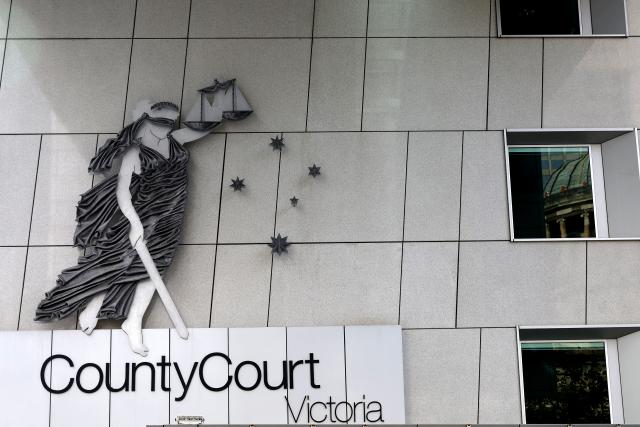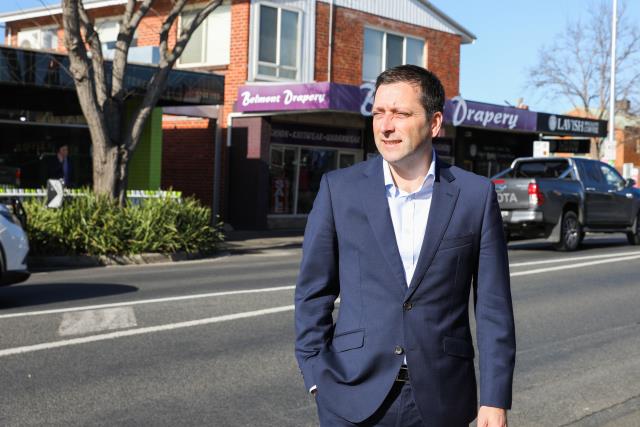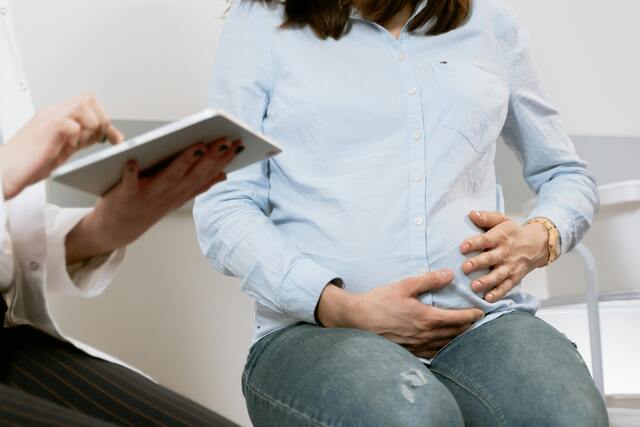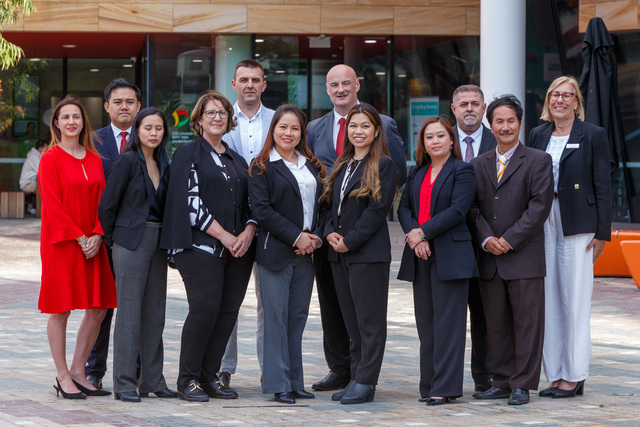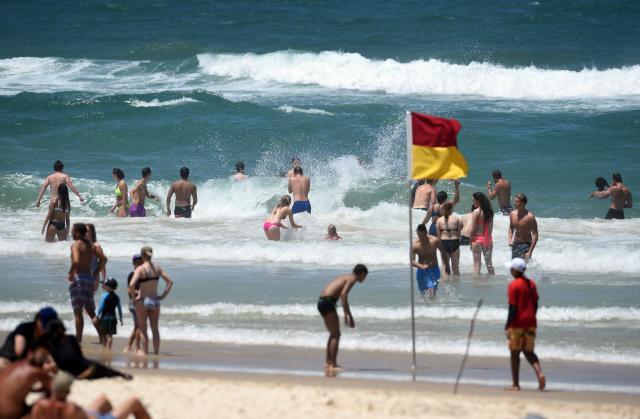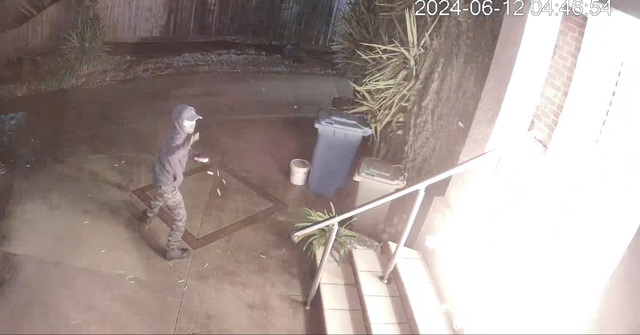Casey Hospital is one of the most stretched hospitals in metropolitan Melbourne, according to new data from the Victorian Agency of Health Information.
Between January and March there were a staggering 46 patients staying longer than 24 hours in Casey Hospital’s emergency department – up from just three in the same period last year.
Additionally, only 20 per cent of Casey Hospital category two emergency patients were seen within the recommended treatment times of 10 minutes.
The mounting Victorian hospital crisis remains at the top of voter priorities as they head to the polls to vote in the federal election this Saturday 21 May.
When questioned about what a re-elected Liberal government would do to fix the Victorian health crisis, La Trobe MP Jason Wood said Casey Hospital’s Paediatric Emergency Centre will reduce the demand for emergency services by half.
“The big news from last election was a $40 million funding commitment for Casey Hospital’s Paediatric Emergency Centre and work for that starts in August,“ Mr Wood said.
“All emergency departments are completely overwhelmed and need to be upgraded but having this emergency department will reduce the demand by half.“
Bruce MP Julian Hill said Labor’s proposal to implement 50 Medicare Urgent Care Clinics, including one in Melbourne’s South-East, would ease the pressure on hospital emergency departments.
“Medicare Urgent Care Clinics will take the pressure off hospital emergency departments by providing an alternative option for families needing urgent care from a doctor or nurse.
“They will treat sprains and broken bones, cuts, wounds, insect bites, minor ear and eye problems and minor burns,” Mr Hill said.
Meanwhile, Bruce Greens candidate Matthew Kirwan said the underlying cause of the hospital crisis was a lack of health funding by the Federal Government.
“The Greens Plan for Health at this election is to invest an extra $8 billion by legislating equal funding of hospitals between the Commonwealth and states,” Mr Kirwan said.
“This can be done by reinvesting the billions paid in private health insurance rebates back into the public system, slashing out of pocket costs.”
Star News Group contacted Monash Health for comment about the under perfomance of the hospital, who said its employees have done an exceptional job in meeting demand over the pandemic.
The medical group also noted Melbourne’s south east LGAs were currently experiencing some of the highest infection rates across Victoria, with 228 workers at Monash Health not working due to Covid-19 as of 12 May.
Australian Nursing and Midwifery Federation (Victorian Branch) Secretary Lisa Fitzpatrick agreed Covid was contributing to added stress within the industry.
“This is an issue across Victoria and across the country particularly those states most impacted by pandemic and the Omicron outbreak.
“You can’t have more than 1000 nurses unable to work and believe it is business as usual,” Ms Fitzpatrick said.
She said the ANMF was in discussions with the State Government about further financial assistance to recognise and incentivise nurses and midwives to stay in the workforce.
Yet, the Australasian College for Emergency Medicine said Covid was not to blame for a “national emergency” in hospitals.
President Clare Skinner said Covid only “exposed and worsened“ systemic problems like emergency department overcrowding and ambulance ramping that had been “building for many years”.
“Members all over Australia report to the College that these are the worst conditions they’ve experienced in their careers,“ she said.
Ms Skinner said parts of the health system were “seeing almost double the amount of people they were designed for”.
She said the State Budget’s focus on health was welcomed, but noted a nationally-coordinated, long-term, whole-of-system approach was needed to retain burnt out staff.
Earlier this month, the State Government announced its 2022-23 budget would include $236 million in funding to double the capacity of the Casey emergency department.
Shared between Casey Hospital and Werribee Mercy Hospital, the funds were announced in addition to a $12 billion health boost through the Pandemic Repair Plan, to train 7000 extra healthcare workers, including 5000 nurses.
Despite the funding boost, Gembrook MP Brad Battin was outspoken in Parliament on Wednesday 11 May, saying the Andrews’ Labor Government had “absolutely and utterly ripped off” the Victorian public when it came to the health crisis.
“At Casey last week we had wait times of over seven hours—seven hours in emergency,” he said.
“That for people who are going in for urgent treatment is woeful, it is unfair and it should not be happening.
“It shouldn’t be happening because the government should have invested at the right time to ensure that we can fix these systems.”

